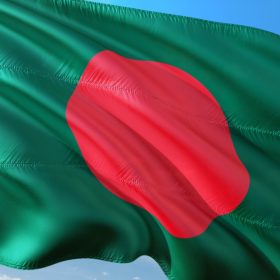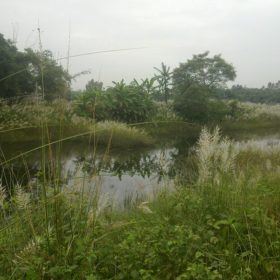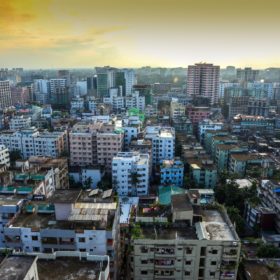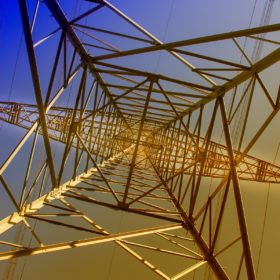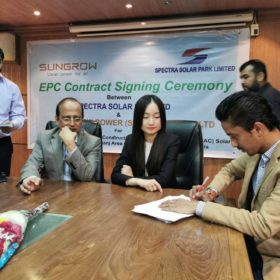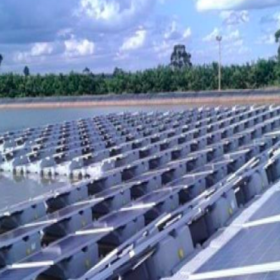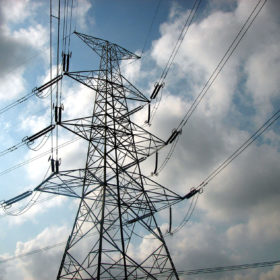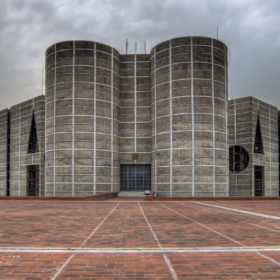Bangladesh prepares to tender solar rooftops on public buildings
The government will reportedly be ready to tender contracts to install rooftop PV on its buildings across eight divisions of the nation in as little as three months’ time.
German development bank to fund Bangladesh canal-top PV study
Renewables authority official tells pv magazine the nation’s irrigation canals could host almost 1 GW of solar generation capacity.
Solar NGO Electriciens sans frontières awarded Zayed energy prize
The French non-governmental organization, which provides solar kits to refugee camps and disaster affected communities, won the energy category of the 12th Zayed Sustainability Prize. The award will bank Electriciens sans frontières $600,000.
IFC to help Bangladesh with public-private solar partnerships
The lender’s private sector arm will help formulate a tendering process to identify the best suited partners for the development of PV projects in Bangladesh.
Grid-connected solar outpacing remote installations in Bangladesh
Industry figures indicate the expansion of the Bangladeshi grid is hitting demand for the solar home systems which have traditionally generated power for homes formerly out of reach of the electricity network.
Bangladesh tenders 50 MW solar plant
A pre-bid meeting has been arranged on January 20 for the project, which is being financed with a $74 million World Bank loan.
Sungrow secures construction contract for 35 MW plant in Bangladesh
The Chinese inverter maker’s EPC unit has tied up the deal to build the plant being developed by Spectra Solar Park in the Manikganj district.
Asian Development Bank hails Bangladesh’s floating PV potential
A delegation from the Asian Development Bank recently paid a visit to the South Asian country to assess the prospects of floating PV in a nation that suffers from a general lack of land upon which to develop new renewable energy projects.
Bangladesh to assess impact of integrating renewables into grid
The government has set a very low bar of achieving just 10% of its electricity supply from renewables as it tenders for consultants to advise it on how to incorporate intermittent generation into the national grid.
Bangladesh sets solar import standards
Complaints about sub-standard, cheap PV imports from China – and notably, India – have been heeded by Dhaka, which has issued a requirement for modules, inverters, charge controllers and batteries to attain IEC electrical standards.
